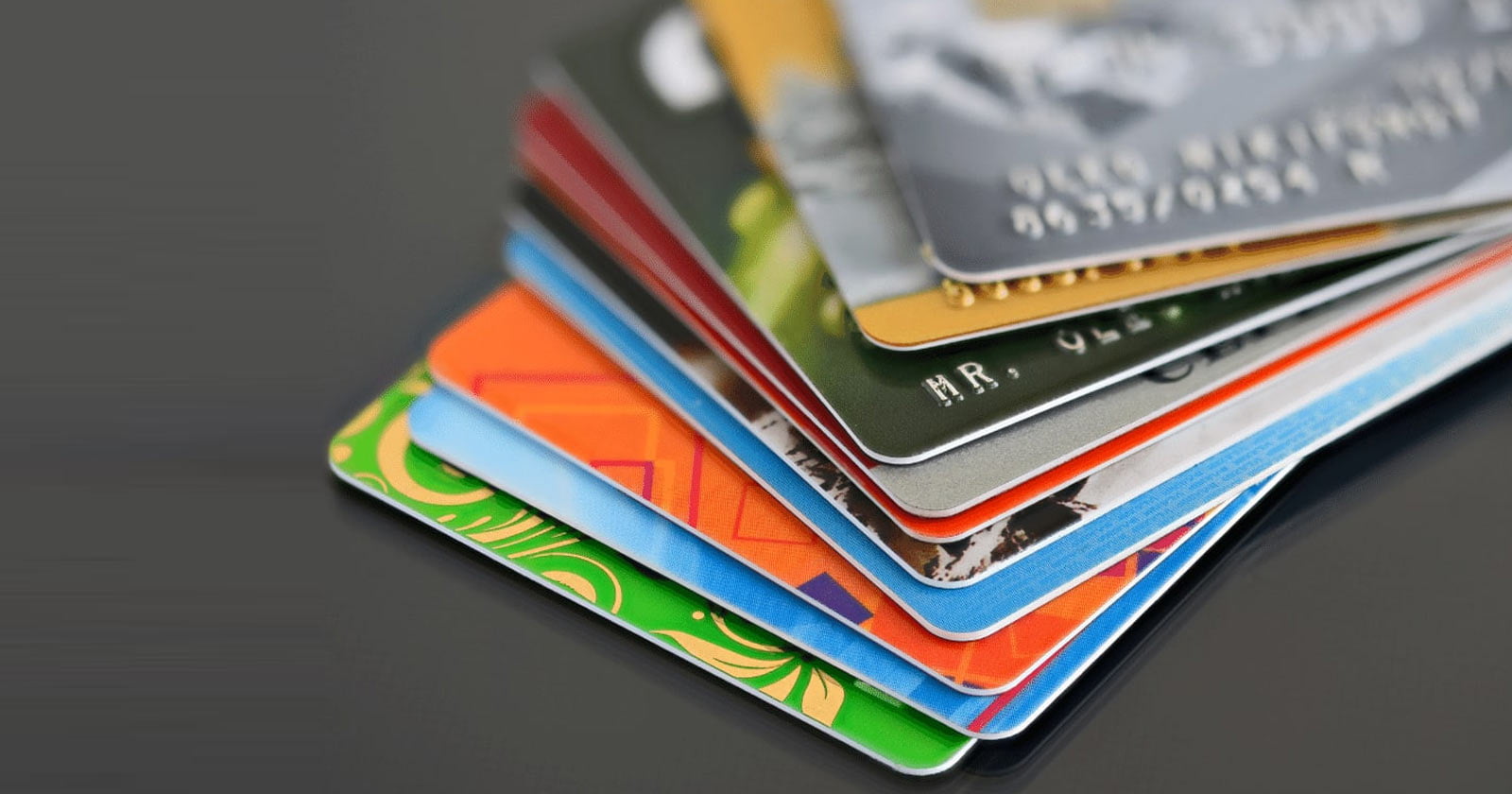The Different Types of Credit Cards You Should Have And Why

Types of Credit Cards – taxscan
Types of Credit Cards – taxscan
Credit card issuance has grown significantly in India over the last four years at a compounded annual growth rate (CAGR) of 20%. According to a research report, the number of credit cardholders increased from 29 million in March 2017 to 62 million in March 2021. Moreover, the total value of credit transactions is set to reach Rs. 51.72 trillion by FY2027, showing a CAGR of 39.22% during FY22 - FY27.
The increase in credit card applications is due to the numerous benefits associated with them. The best credit card in India commonly comes with various benefits, such as
- Periodic bonus reward points based on credit card usage.
- Waiver of yearly credit card fee upon meeting the minimum spending limit.
- Gift vouchers across premium brands.
- Complimentary lounge access at international and domestic airports.
- Savings during grocery shopping and discounts on bills.
- Freebies and deals on numerous lifestyle products.
- Fuel surcharge waiver across fuel stations.
- Cashbacks and other attractive offers.
Selecting the best credit card that serves the cardholder's requirements is crucial. This article elaborates on the various types of credit cards and the benefits one can avail of them.
- Basic Credit Card - Basic credit cards are the most traditional types of credit cards that allow credit cardholders to spend within a predefined credit limit. Upon reaching the maximum limit, the cardholder should pay off at least a portion of their balance before making further purchases. A credit card statement summarises the credit cardholder's purchases through a specific period, typically a month. If the cardholder pays off the outstanding balance on their credit card on or before the designated due date, they are not required to pay any additional interest charges. The most lucrative feature of a basic credit card is that since it does not offer additional benefits, it commonly comes with a low-interest rate.
- Secured Credit Card - Most banks offer their customers the flexibility to avail of a credit card against their fixed deposits. Individuals with a low credit score, no credit history, insufficient income, or just starting their career can apply for secured credit cards. The credit limit for secured credit cards is typically 75-85% of the fixed deposit amount. Credit cardholder can use their fixed deposits to avail of extra credit while continuing to receive interest on their deposits. Getting a secured credit card and inculcating positive credit habits such as timely payments, moderate usage limits, and consistent spending patterns can help build the cardholder's credit score. Secured credit cards offer a variety of features, such as reward points, discounts and cashback. Additionally, they may not require the fixed deposit holder to submit additional documentation while applying for the credit card.
- Cashback Credit Card - A cashback credit card offers multiple benefits to credit cardholders, along with the ability to earn rewards on eligible purchases. When the cashback credit card is used for eligible purchases, the bank credits the cardholder's reward balance with a percentage of the purchase amount. After the rewards get transferred to the cardholder's account, they may take up to two billing cycles to redeem the cashback rewards. Suppose the cashback credit card offers a 2% reward on fuel and 1% on everything else, and the cardholder spends Rs. 500 on fuel and Rs. 1,000 on shopping in one month. In that case, the cardholder will qualify for rewards worth Rs. 20. Many cashback credit cards offer high rewards for purchases made in specific categories instead of specific outlets. In the above example, the cardholder may receive rewards based on purchasing fuel rather than the chosen outlet.
- Low-interest Credit Card - Ideally, a credit cardholder must pay the entire outstanding balance on or before the designated due date. However, this might not always be possible. Individuals who do not earn a fixed income or have substantial variable expenses may find it difficult to pay the entire balance in full for each credit card statement. A low-interest credit card helps in such situations by offering lower interest rates on delayed payments. Therefore, it prevents cardholders from paying outrageous interest sums when they have insufficient funds.
- Travel Credit Card - A travel credit card has features that benefit people spending money overseas. For example, travel credit cards often have low or no currency exchange fees and offer additional perks such as complimentary travel insurance, reward points, frequent flyer miles and complimentary lounge access at airports. While selecting from a wide range of options for a travel credit card, one must assess their travel frequency and analyse the annual credit card fee and other charges before applying for the credit card. Travel credit cards allow cardholders to access an additional line of credit that helps them travel with a more flexible budget and cover unexpected expenses.
Conclusion
There is a credit card for everyone and every need. While applying for a credit card, the applicant should evaluate the associated benefits thoroughly to avail maximum advantage from card usage. Moreover, efficient utilisation of credit cards can help enhance one's credit score if one follows best practices, such as making online credit card payments and following moderate usage limits.


